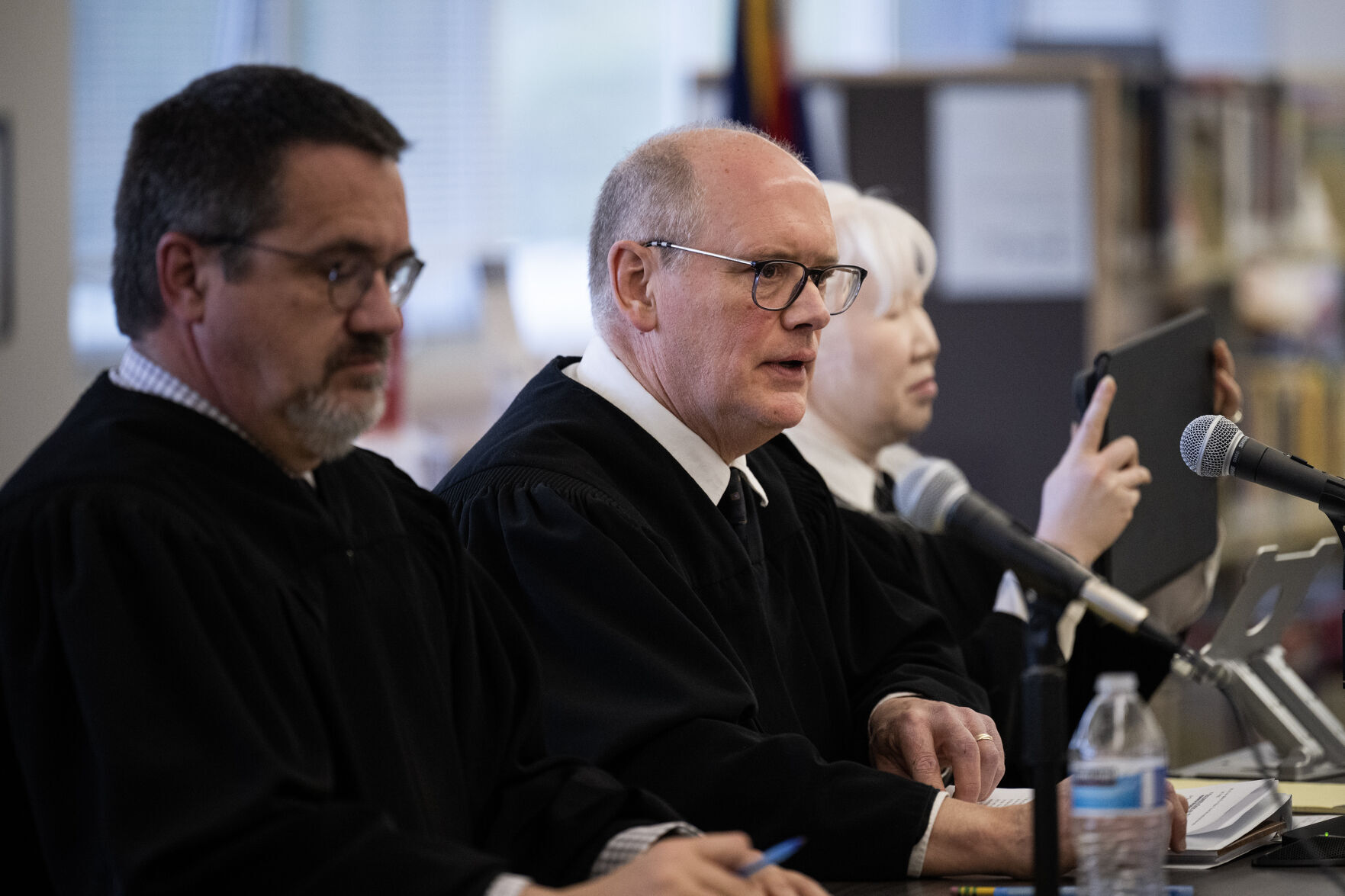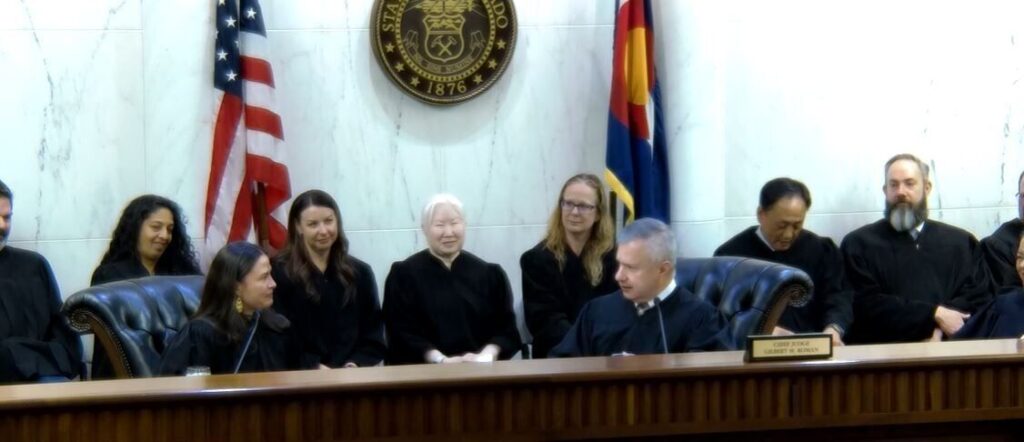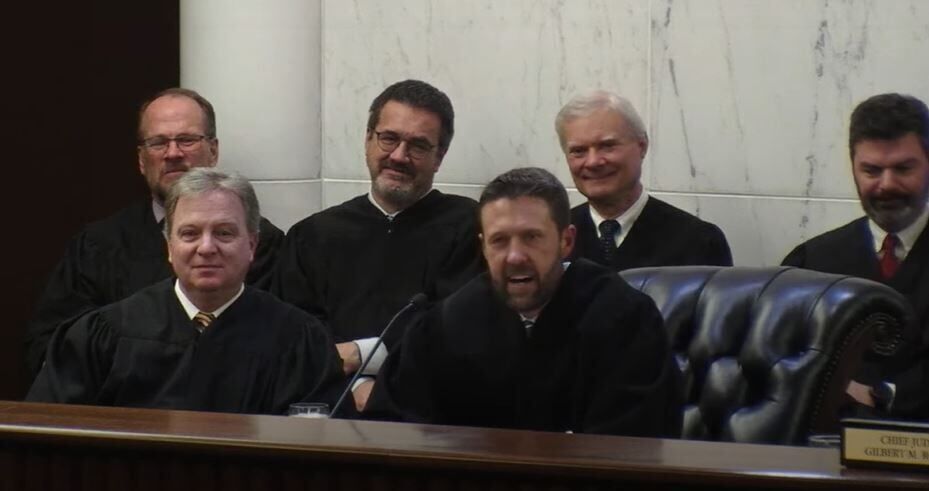Colorado appeals court clarifies timeline for forcible medication cases

Colorado’s second-highest court clarified last month that judges are allowed to balance the urgent need to involuntarily medicate a person with their lawyer’s ability to prepare for the case on short notice.
Under state law, judges must appoint a lawyer and hold a hearing within 10 days when they receive a request to forcibly medicate someone experiencing psychiatric issues. However, no prior court cases have addressed the tension between the compressed deadline for a hearing and a person’s request for a delay so as to prepare their defense to involuntary medication.
In the case of Melody Anne Ramsey, officials at the Denver jail suspected she was suffering from paranoia and delusions. They transported her to Denver Health, which in turn petitioned to forcibly medicate her.
Denver’s probate court appointed a lawyer on June 2 this year – a Friday – and scheduled a hearing for the following Tuesday, June 6. A judge subsequently found Ramsey was at risk of substantial harm to herself and others, granting the request for involuntary medication.
On appeal, Ramsey alleged Probate Court Judge Elizabeth D. Leith violated her rights by rejecting a request to delay the hearing. Ramsey argued her lawyer only had one full business day to prepare, which was insufficient time to properly mount a defense and cross-examine Ramsey’s psychiatrist.
A three-judge panel for the Court of Appeals observed that the number of “business days” did not necessarily matter, given the already short timeline for holding a hearing. Instead, Ramsey had the opportunity to meet with her lawyer and gain access to medical records, which satisfied her constitutional right to due process under the laws.
Case: People in the Interest of Ramsey
Decided: October 12, 2023
Jurisdiction: Denver
Ruling: 3-0
Judges: David Furman (author)
Ted C. Tow III
Sueanna P. Johnson
The panel also addressed whether Leith nonetheless acted unreasonably by holding the hearing only three calendar days after appointing a lawyer.
Ramsey’s lawyer “is extremely experienced in this area, handles dozens of these cases a year and has done it for many, many years,” Leith said at the time she denied the postponement. “There’s no reason he can’t effectively cross-examine the doctor.”
“We conclude,” wrote Judge David Furman in the appellate panel’s Oct. 12 opinion, “the probate court in this case appropriately weighed Ramsey’s counsel’s ability to prepare, his experience, and his familiarity with these cases against the severity of Ramsey’s apparent present need for treatment.”
According to the judicial branch’s statistical report, there were 159 cases filed in the last fiscal year seeking to involuntarily medicate a person. Nearly all of the proceedings originated in Denver or Pueblo counties. The state’s mental health institute is located in Pueblo.
The Court of Appeals originally issued its decision in August. However, it subsequently “published” the opinion – setting a precedent for judges to follow when evaluating whether to delay forcible medication hearings.
The case is People in the Interest of Ramsey.














